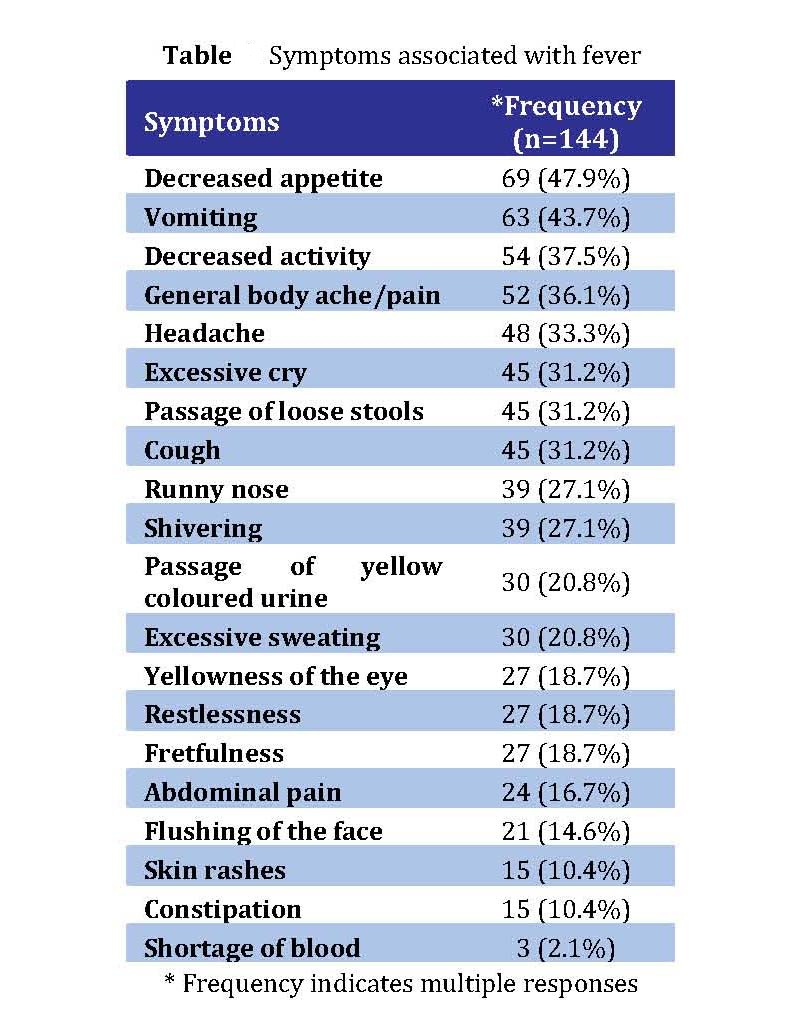
… Usually, you don’t feel any difference between your higher temperature time and low temperature time.”Ĭarbon monoxide poisoning or Covid-19? Here's how you can tellĪdditionally, fevers are accompanied by other symptoms, including shivering. “Fever versus body temperature fluctuation is a totally different thing. For some people, Covid-19 fevers have tended to heighten in the evenings, just like how our temperatures normally fluctuate - so how can one distinguish this natural pattern from Covid-19 symptoms?Ī Covid-19 fever “will stay high, so it won’t go away,” Javaid said. Our body temperatures tend to be lower in the morning but peak by one or two degrees in the evening.
Body temperature conversion fever how to#
The variance of temperature ranges and how to know yours “Shivering causes our body to metabolize more excessively” and results in fever. “The majority of times with infection, that set point goes a little higher,” he added. “Those antibodies cause other cells in our body to release some chemicals,” which enter our brain and change our temperature set point. When a pathogen “enters our body and our body recognizes it, it produces a reaction in our body with antibodies and other responses,” Javaid said. Loss of smell could be a 'highly reliable indicator' of Covid-19, research says People who feel warm or provide a history of feeling feverish may also be determined to have a fever. The US Centers for Disease Control and Prevention considers a person to have a fever when his or her temperature is 100.4 F (38 C) or greater.

What a fever really is and why it happens Read on to get familiar with those things, influential factors and how to accurately check your temperature. “This the time that we should start thinking about normal body temperature: What it is, what does it mean for me and so on.”Īs flu season coincides with rising Covid-19 cases, understanding what a fever actually is and your personal temperature range is important.
/GettyImages-476857817-56cc7cdd5f9b5879cc590827.jpg)
Waleed Javaid, the director of infection prevention and control at Mount Sinai Downtown in New York state. You may know your normal blood pressure, heart rate or blood sugar level, “but not a lot of people in this world right now know what their normal body temperature is or how much it varies normally,” said Dr. “More recent large studies show normal temperatures ranging from 97 to 99 degrees, and many individuals may fall outside of this range and be perfectly fine.” Donald Ford, a family medicine physician at Cleveland Clinic in Ohio, via email. “Anecdotally, I would say that there are a lot of people who may not be aware that normal temperature is a range, not a fixed number,” said Dr. Checking one's temperature by mouth is one of the best ways to do so. Humans vary in their individual normal temperature ranges.


 0 kommentar(er)
0 kommentar(er)
